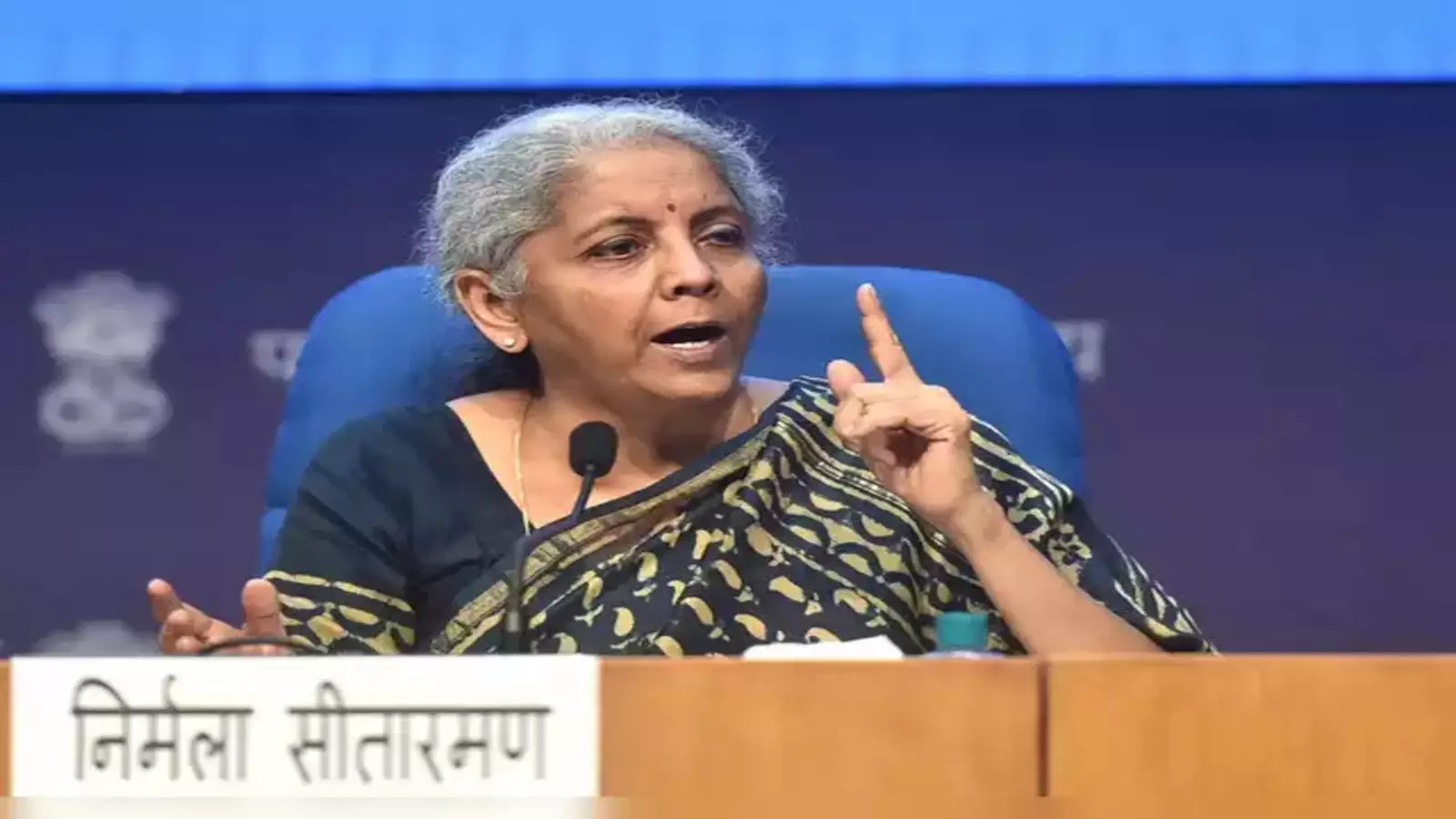Punjab farmers protest, The ongoing issues surrounding paddy procurement have once again led to a massive protest by farmers in Punjab. Today, farmers led by the Bhartiya Kisan Union (Krantikari) are set to stage road blockades across the state, demanding a solution to the delayed paddy procurement process. Let’s take a closer look at the details and the reasons behind the protest.
Why Are Punjab Farmers Protesting?
Farmers in Punjab are growing increasingly frustrated over the delays in paddy procurement. As the paddy harvest season progresses, timely procurement is essential to prevent crop wastage and ensure that farmers get a fair price for their produce. Delays in the process have forced farmers to take to the streets, with their demands still unmet.
The protest, spearheaded by the Bhartiya Kisan Union (Krantikari), is primarily about expediting the paddy purchase process but also includes other demands aimed at improving the overall agricultural infrastructure and support for farmers in the state.
Road Blockades Planned in Key Locations
The road blockade protest is planned for October 26 and will be held at four key locations across Punjab:
- Sangrur
- Moga
- Phagwara
- Batala
The protests are scheduled to start at 1 p.m. and, if necessary, will continue indefinitely until the farmers' demands are acknowledged and addressed by the government.
Surjeet Singhful Announces Protest
Surjeet Singhful, President of the Bhartiya Kisan Union (Krantikari), has been vocal about the farmers' grievances. He stated that the blockade is aimed at pressuring the government to address the delays in paddy procurement and to provide solutions that meet farmers' demands. Singhful emphasized that the protest would persist until there is a satisfactory resolution.
What Are the Farmers' Demands?
The main issue at the heart of the protest is the delayed procurement of paddy, but the farmers have other demands that need urgent attention, including:
- Ensuring timely procurement to prevent crop damage and financial loss.
- Better support prices for their produce.
- Improved agricultural infrastructure to streamline procurement.
- Additional assistance from the central government to support the state's agriculture.
Punjab Government’s Call for Central Assistance
Amidst the escalating situation, Chief Minister Bhagwant Mann has appealed to the central government for assistance. During recent discussions with Union Home Minister Amit Shah, Mann emphasized the importance of paddy procurement not just for Punjab’s farmers but also for the broader agricultural economy of the country. He highlighted Punjab's crucial role as a food provider, urging the central government to take proactive measures.
Key Meeting in Delhi Addresses Procurement Issues
A crucial meeting was held in Delhi, chaired by Union Food Minister Prahlad Joshi and attended by Minister of State Ravneet Singh Bittu and Chief Minister Bhagwant Mann. The discussion focused on finding ways to expedite the paddy procurement process and to ensure that milling facilities are ready by November 15. Mann stressed that if delays continue, it could severely impact the upcoming wheat procurement season, affecting the quality and availability of the crop.

Union Minister Criticizes State Government
Union Minister Ravneet Singh Bittu did not hold back in criticizing the AAP-led Punjab government. He accused the state administration of failing to make adequate arrangements for timely procurement and even using force against farmers through FIRs to quell the protests. According to Bittu, the state government needs to provide real solutions that reduce procurement delays and help facilitate a smoother inflow of both paddy and wheat crops.
Punjab's Role in India's Agricultural Economy
Punjab’s economy relies heavily on agriculture, and the timely procurement of paddy is crucial for farmers’ livelihoods. Delays not only cause financial strain but also lead to logistical issues in storing and milling the crop. The state is one of the largest contributors to India’s central food banking system, making efficient procurement and milling essential.
Chief Minister Bhagwant Mann has reiterated the need for a robust procurement system that ensures farmers get the appropriate support without unnecessary delays. His discussions with central ministers underscore the urgency of addressing the issues that have led to protests.
The Impact of Delayed Procurement on Wheat Season
One of the critical concerns raised during discussions is how delays in paddy procurement could affect the upcoming wheat season. Bhagwant Mann pointed out that the lack of timely paddy processing could lead to storage backlogs, which would then compromise the quality and timely procurement of wheat. With wheat being a staple crop in India, any disruptions in its availability could have far-reaching consequences on food security.
Read more: top 10 news from around the world
What’s Next? Will Protests Lead to Change?
With farmers’ protests gaining momentum, all eyes are on the state and central governments to see how they respond. Will the authorities take the necessary steps to meet the demands, or will the blockades continue, disrupting transportation and daily life in Punjab?
The ongoing protests are a clear indication that farmers are willing to take a stand until their voices are heard. But the ultimate solution lies in effective dialogue and proactive measures that address the core issues. The recent meeting in Delhi was a positive step, but whether it will lead to tangible results remains to be seen.
Read More: Remembering Krishnakumar Kunnath 'KK': From Salesman to Bollywood’s Soulful Voice
Conclusion
Punjab farmers protest is a direct result of prolonged grievances and delayed action on crucial agricultural issues. As Punjab farmers, led by the Bhartiya Kisan Union (Krantikari), stand firm on their demands, it's clear that a solution is urgently needed. Addressing the procurement process delays, improving infrastructure, and providing the necessary support are vital to ensuring the state's agricultural sector remains stable. Only time will tell if the government can rise to the occasion and meet the farmers' needs.
Other Popular News Post:
Tata IPO | Tata Motors Share Price | Tata Technologies Innovation | Tata Steel Canteen 2024 | Lok Sabha Election Date 2024 | A Glimpse into the Future | Anant Ambani Marriage | Covid Cases Spike in Delhi | National Creators Award 2024 | What is CAA | Electoral Bonds Data | Shri Kashi Vishwanath Mandir | International Day of Action | Electoral Bonds Data | GATE Exam Fees | RBI Monetary Policy 2024
Explore other popular Posts:
Blog | News | Entertainment | Education | Sports |
Technology | Cryptocurrency | Stock | Home | Sitemap





